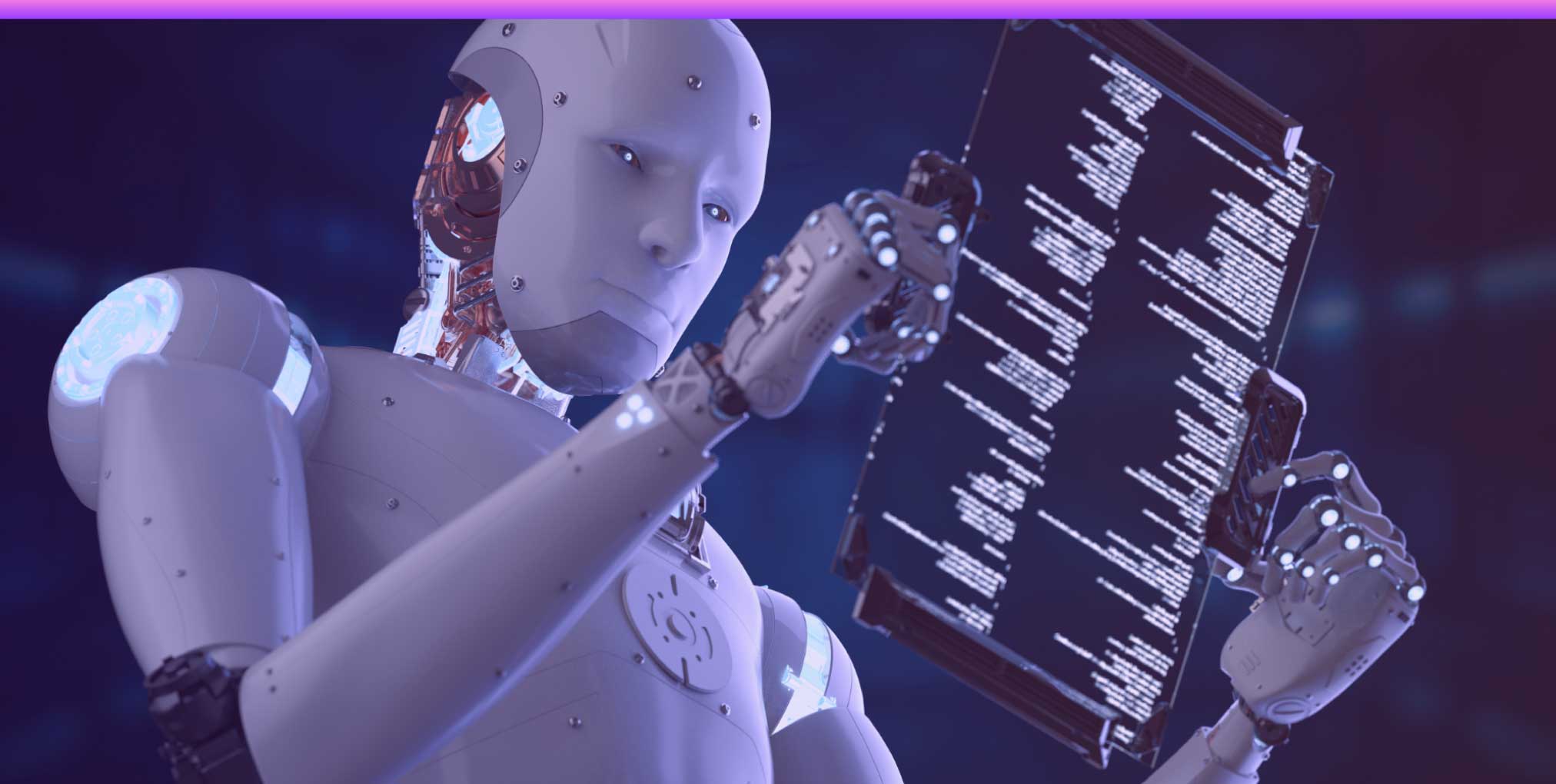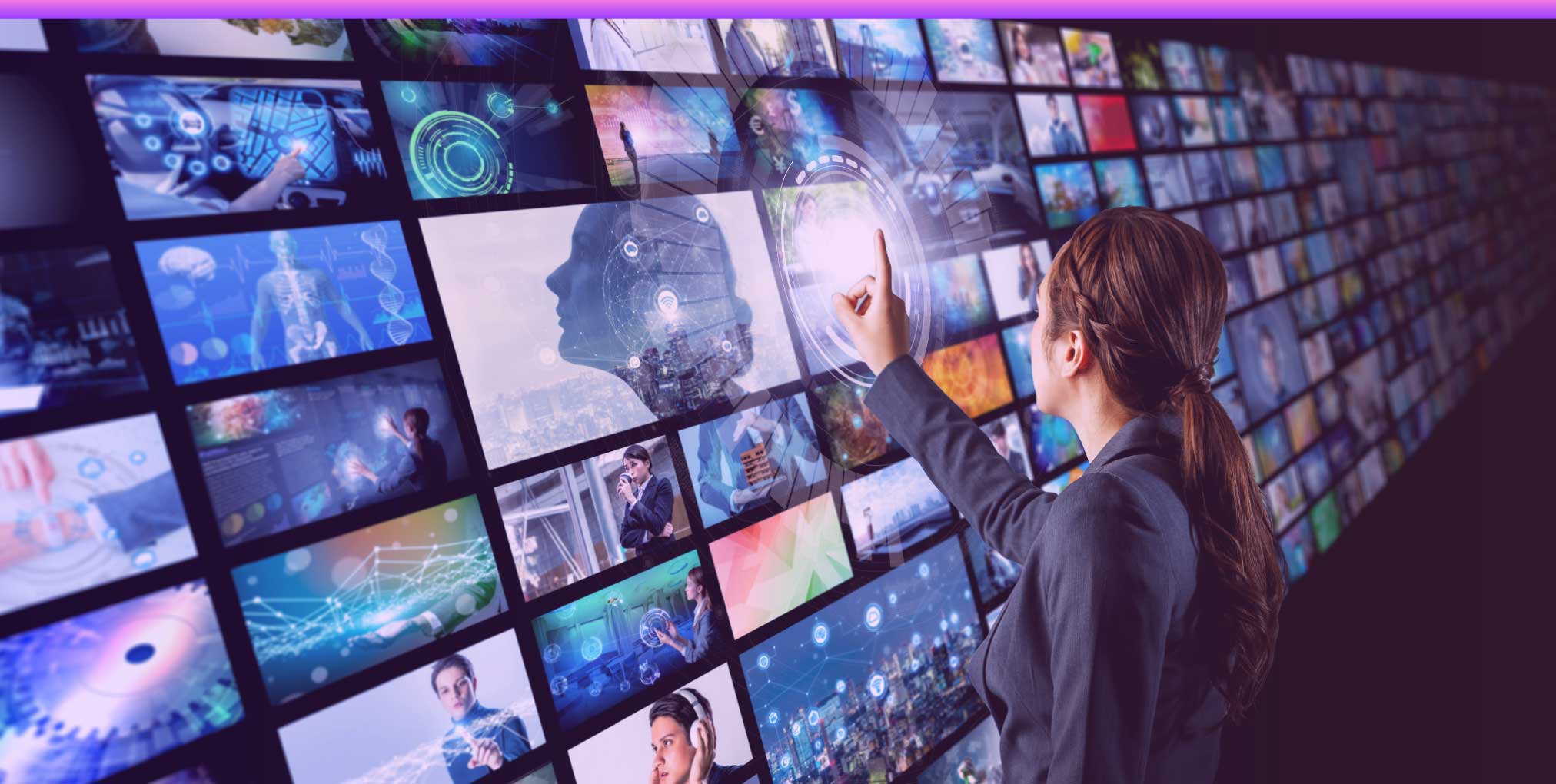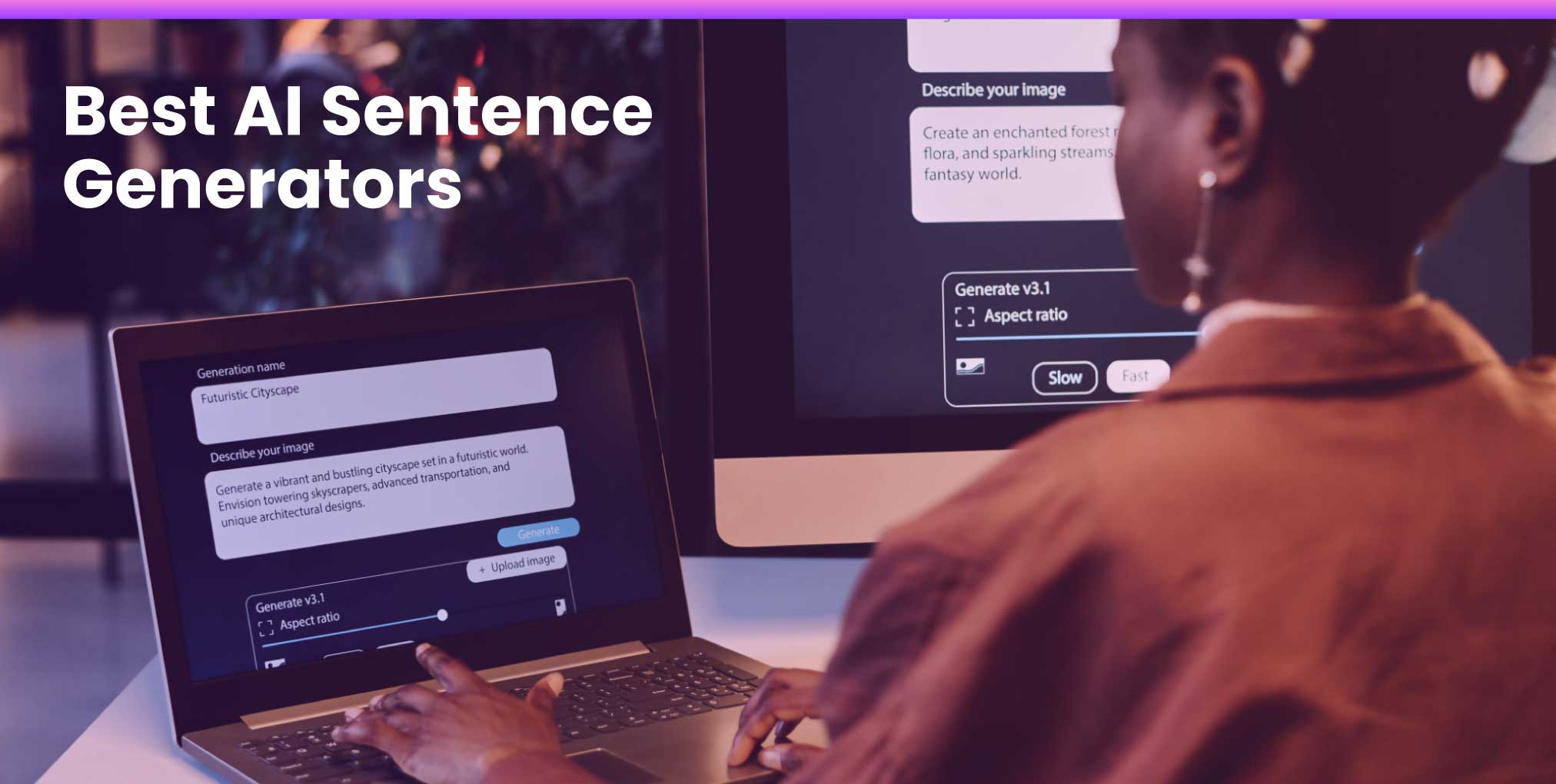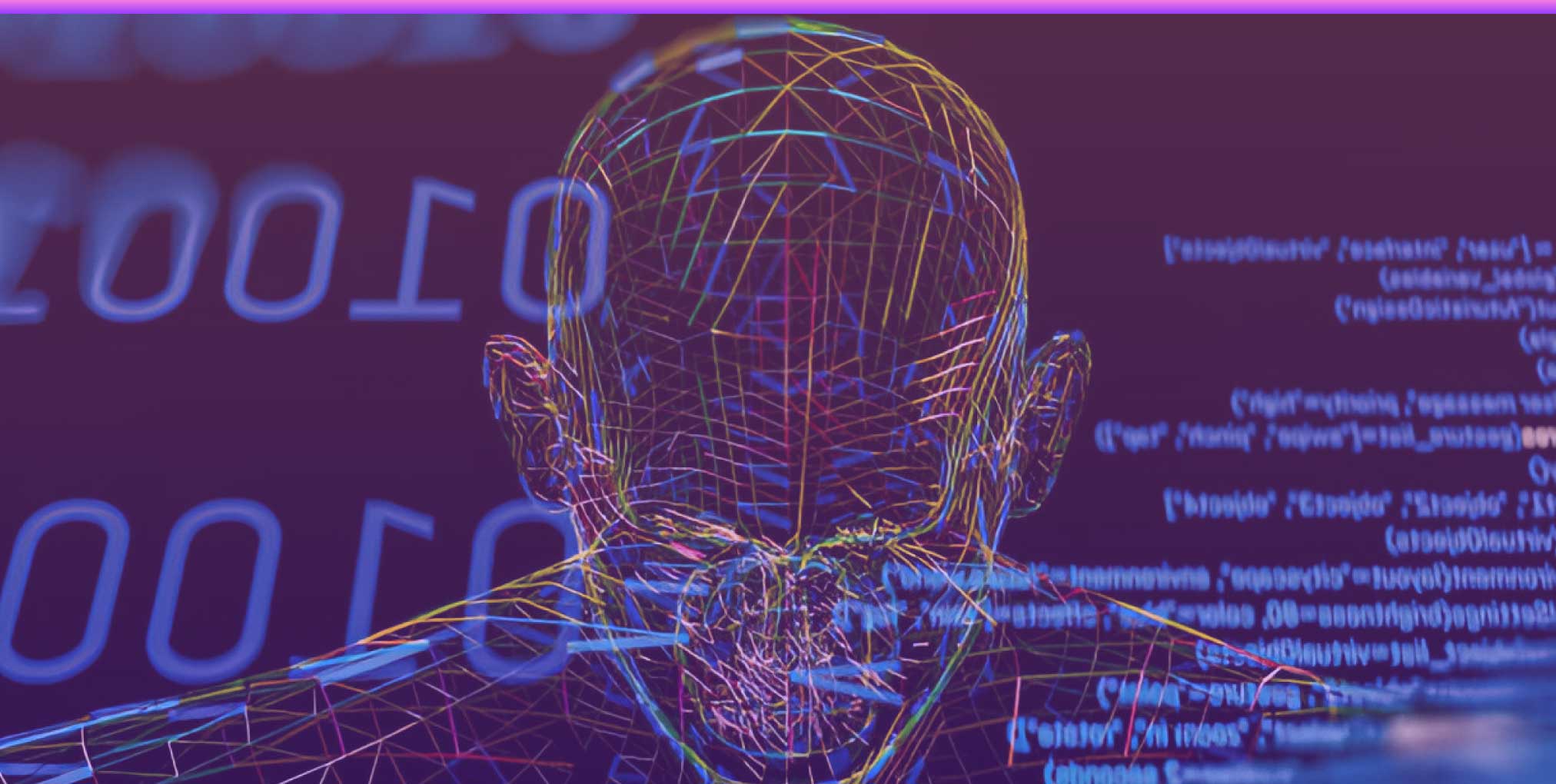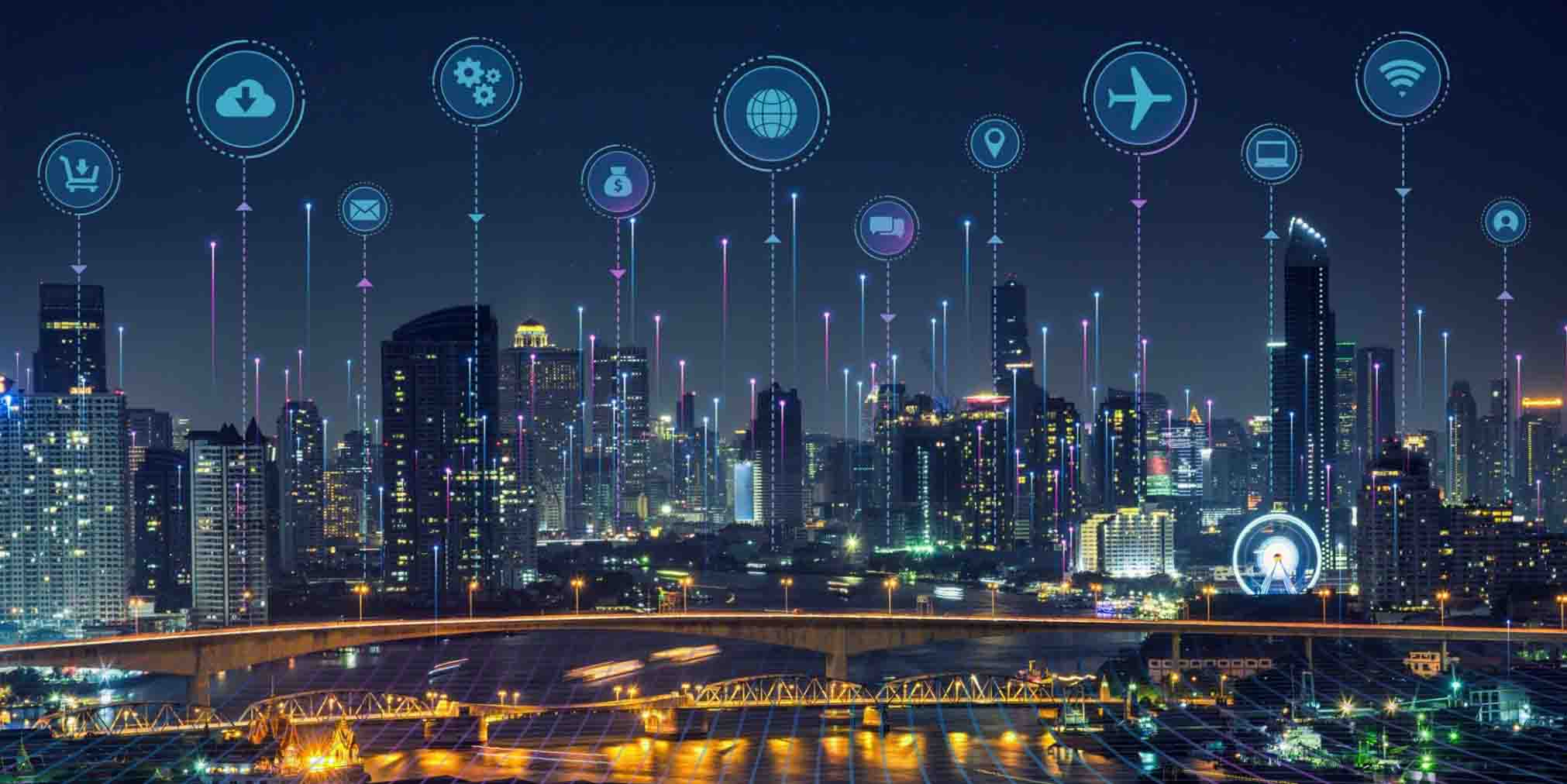

September 6, 2023
How AI is Revolutionizing IoT Infrastructure?
AI is revolutionizing the Internet of Things (IoT), enabling a smarter planet through applications like home thermostat control and autonomous driving. The rise of smart homes has shown us how AI and IoT can enhance our daily lives. However, their transformative power extends far beyond our front doors. We’re moving toward a world where anything we interact with is part of an IoT network.
Today, we will explore the exciting convergence of AI and IoT in the context of smart cities.
We’ll explore how these technologies revolutionize urban living, from transportation systems to energy-efficient infrastructure.
Voice-activated smart homes simplify tasks like managing energy consumption. AI has revolutionized urban living by managing traffic density and optimizing smart routes.
Introduction to IoT
The Internet of Things is a concept that involves connecting physical objects to the Internet. Having everyday objects related in this way allows them to send data and interact with other online devices. This means that physical items can now become part of the digital world. It enables users to control or monitor things from a web-enabled device.
IoT technology offers advanced data analytics for informed decisions and business cost reduction. The rapid evolution of IoT has transformed various aspects of our lives, from smart homes to driverless vehicles. It has become a robust network that connects and automates everything imaginable.
How Artificial Intelligence is Revolutionizing Smart Cities
1.Automated Traffic Management Systems
Automated Traffic Management Systems have been leading the development of AI. Traffic signals study road dynamics and watch vehicle movement to assign priority accordingly.
The systems can account for emergency vehicles on the roads to ensure safety for all. This also reduces city congestion significantly. Moreover, Adaptive route planning takes into account real-time traffic updates. It is quickly becoming a reality as AI makes waves in smart cities.
2. Smart Lighting Solutions
Smart lighting solutions are one of the remarkable advancements made possible by AI and IoT.
These innovations enhance the efficiency and convenience of smart homes and smart cities.
With AI algorithms, smart lighting adjusts brightness and color based on occupancy and natural light. It allows for customized streetlight control depending on data such as time or weather. Remote control and scheduling enable energy management and cost savings.
AI-powered analytics collect data on usage patterns to optimize lighting strategies.
The result is sustainable and connected smart cities with intelligent lighting systems. It creates an improved user experience and a brighter, more efficient future.
AI-driven systems are currently under development. These systems have the potential to monitor usage within their surroundings. They help create less conventional lighting strategies for specific residential and commercial areas. Artificial intelligence offers excellent potential for smarter cities and brighter light solutions.
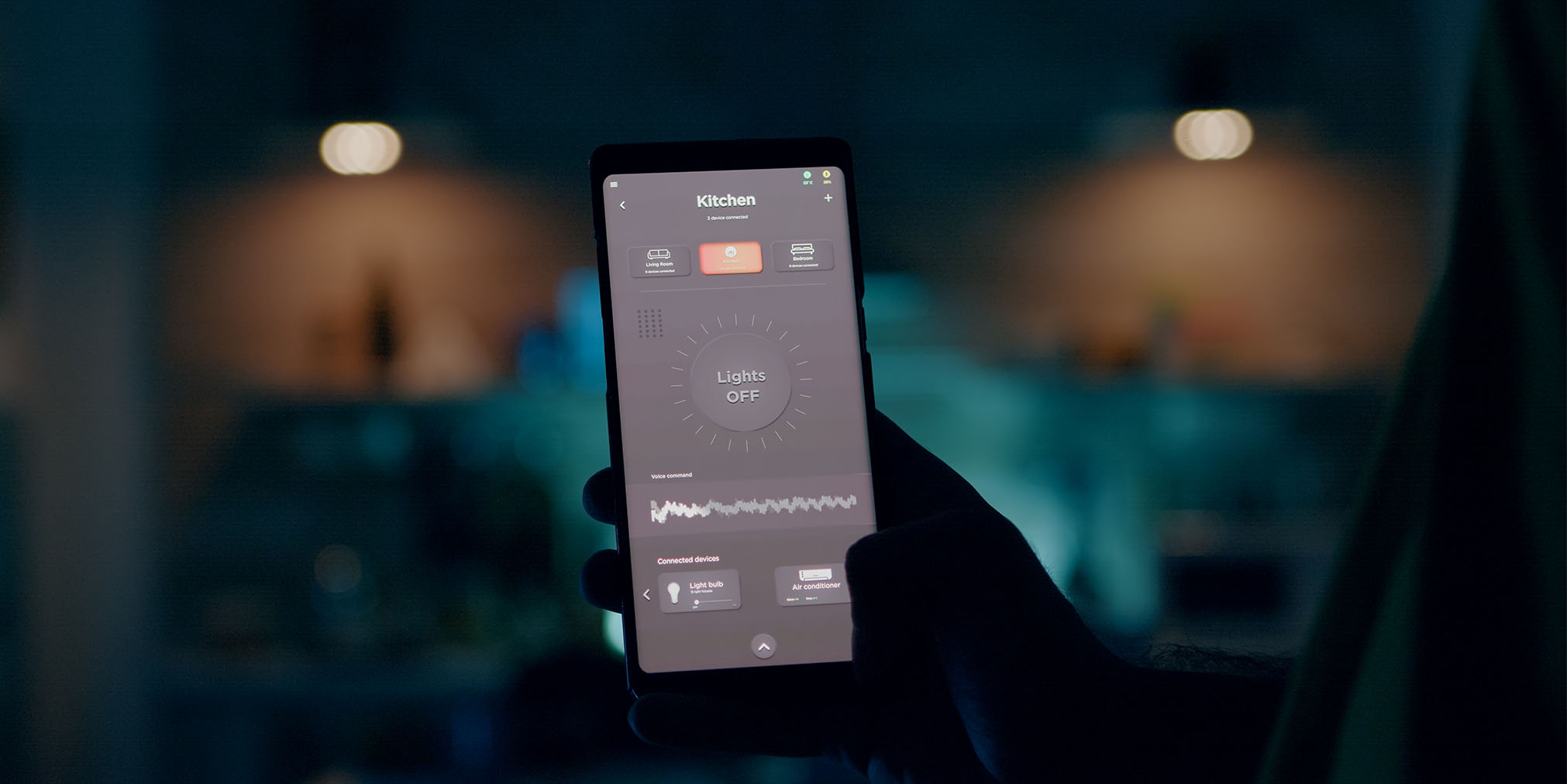
3. Sensors for Air Quality Monitoring and Waste Management
Smart cities use AI sensors to monitor air quality and detect waste levels, mitigating climate change impacts. Algorithms analyze the collected data to reveal unsustainable trends to act upon immediately.
AI identifies behavior patterns to inform intelligent waste management services. It also aids in developing progressive policies to mitigate hazardous urban pollution levels.
Deep learning is expected to provide more accurate and timely future alerts concerning air quality and waste levels. Enables cities to take necessary actions for mitigation promptly.
4. Autonomous Vehicles in Urban Environments
Autonomous vehicles in urban environments are reshaping transportation. Thanks to AI, these vehicles can:
- Navigate busy streets
- Communicate with smart infrastructure
- Optimize traffic flow.
Reducing congestion and emissions contributes to greener and more efficient cities. AI algorithms analyze vast amounts of data in real-time, ensuring safety and enhancing mobility.
With growing transportation demands affecting more people, cities worldwide are adopting robust AI systems to manage traffic flow and reduce accident rates.
From smart homes to smart cities, AI is revolutionizing the IoT infrastructure. It is paving the way for a more connected and sustainable future. Embracing this technology will bring numerous benefits to our daily lives.
Benefits of Utilizing AI in the IoT Environment
-
Improved Connectivity and Network Latency
The Internet of Things has revolutionized how we live, work and collaborate. But IoT can be even more powerful and efficient with the help of AI. AI can improve connectivity and reduce network latency in an IoT environment. It provides users with faster access to data.
Applications can run locally at near real-time speeds using AI-powered edge computing systems. As a result, power consumption is reduced, and user data privacy is improved since only minimal personal data must be transferred for computations.
Additionally, AI algorithms can rapidly identify anomalies in an IoT system. This capability empowers stakeholders to enhance total optimization within their networked environment.
-
Increased Processing Power and Scalability
Enhanced processing power and scalability are among many advantages offered by AI systems. Generating data can enhance organizational processes by interpreting, predicting, and optimizing system tasks.
NLP in IoT enables businesses to monitor their systems by detecting operational disturbances. This capability offers the potential introduction of automation in various operational tasks.
Overall, AI provides many opportunities to companies looking to take advantage of the intelligence found in IoT-enabled devices.
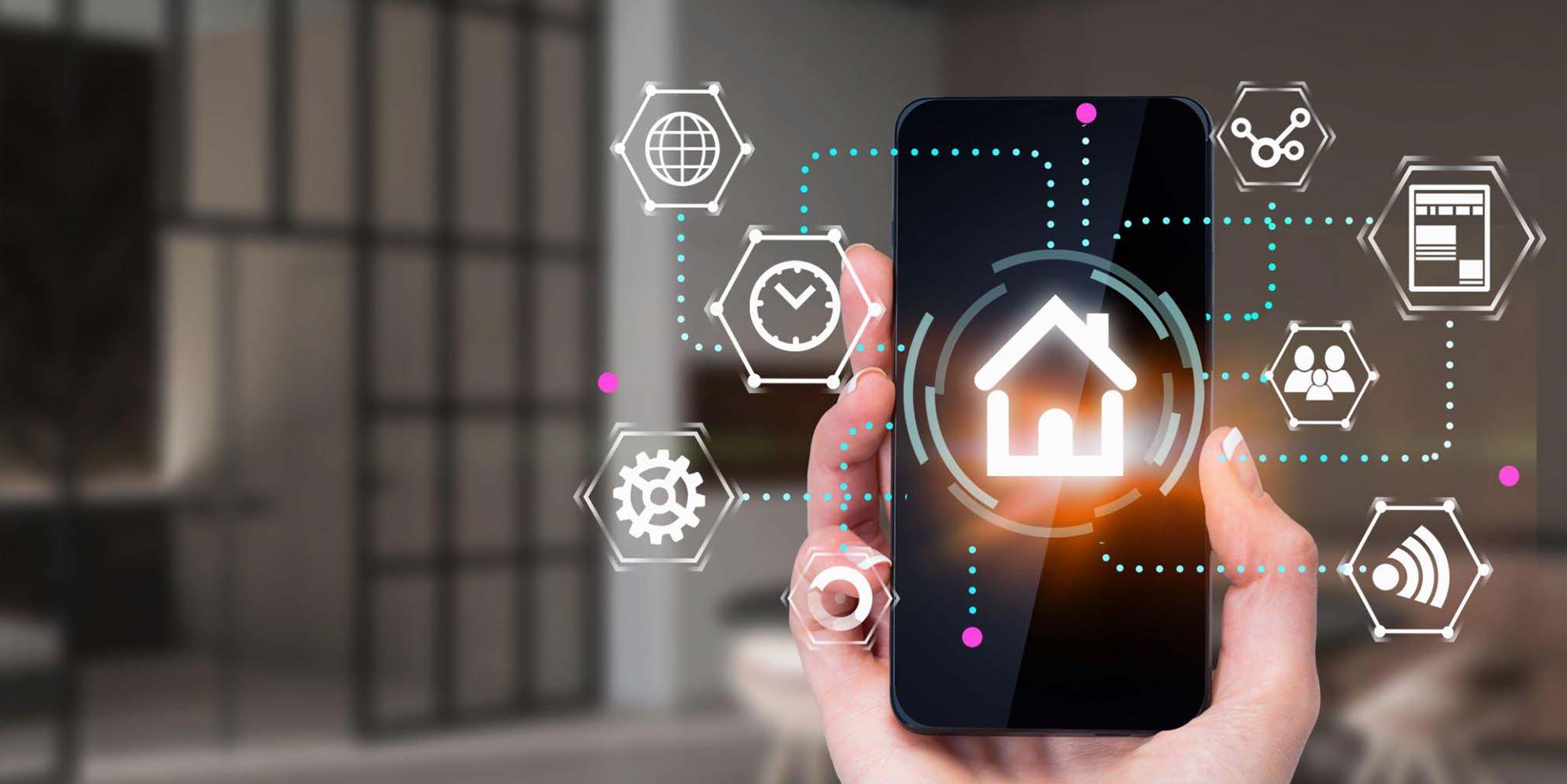
-
Automation and Optimization of Data Management
The potential for optimizing data management by utilizing AI in the IoT environment is tremendous. AI can monitor platforms, identifying potential issues as soon as they arise. Automated alerts about potential problems allow organizations to act quickly and limit disruption. This automation reduces wasted time trying to diagnose existing issues.
Furthermore, AI safeguards data accuracy by protecting against errors in manual entry. This, in turn, empowers employees to devote their attention to more challenging tasks rather than routine maintenance.
-
Enhanced Security for Devices and Networks
Utilizing AI in the IoT environment is beneficial for increased security of devices and networks. AI-driven insights and data from connected systems identify cyber threats.
Through machine learning, AI detects user behavior anomalies to minimize false positives. Additionally, AI-adopted solutions have the means to self-update regularly to account for any new security risk. This update ensures the utmost level of online protection.
Smart cities powered by AI and IoT enable people to manage their lives more efficiently. It also allows urban planners to understand their city’s infrastructure needs better. The future of smart cities relies on developing viable solutions to these issues for their full potential to be realized. With enhanced computing power, the future applications of this technology are virtually boundless.




